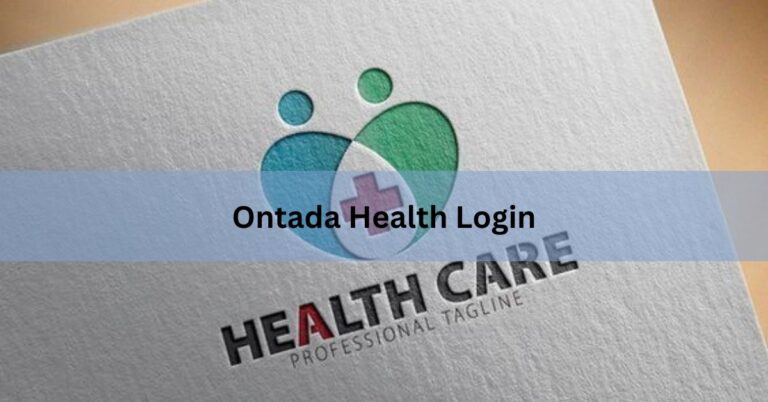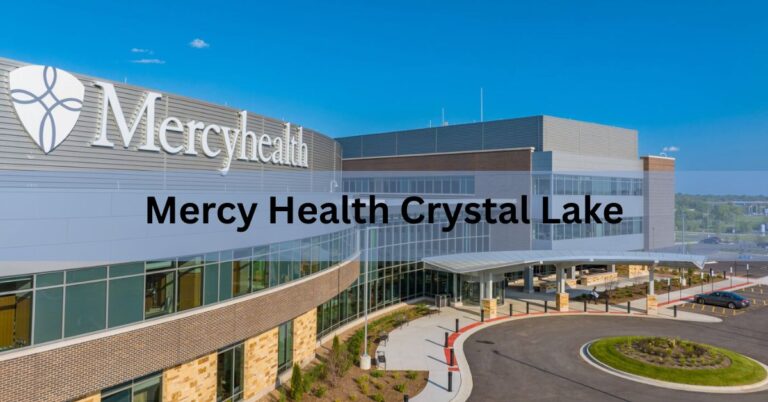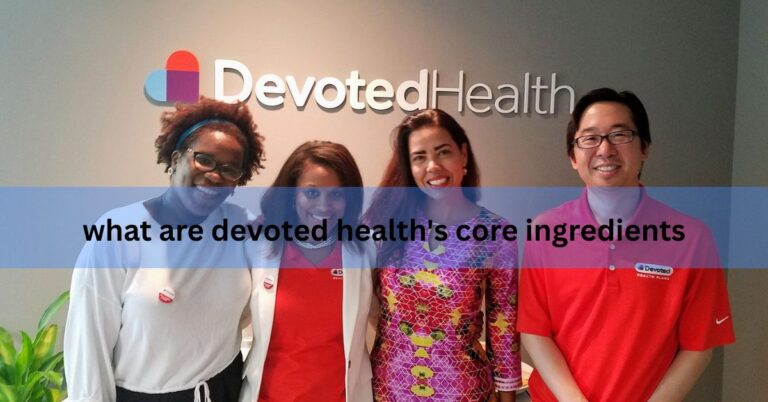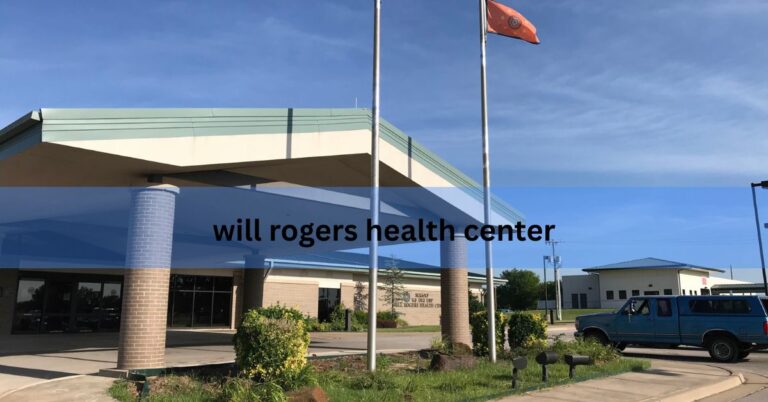How to Become a Nurse with a Health Science Degree – A Comprehensive Pathway Guide!
The healthcare industry in the United States is expansive, with a wide range of professional opportunities for those interested in patient care, administration, research, and more. One of the most common queries prospective students ask is whether a health science degree can lead directly to a nursing career. While the two fields are closely related and often overlap in foundational coursework, they are distinct disciplines with separate licensing and educational requirements.
This article will take a deep dive into the relationship between health science and nursing. It will explain how individuals with a bachelor’s degree in health science can transition into the nursing field, outline the steps needed to become a registered nurse (RN), and provide guidance on how to maximize the value of your health science background along the way.
Understanding the Difference Between Health Science and Nursing
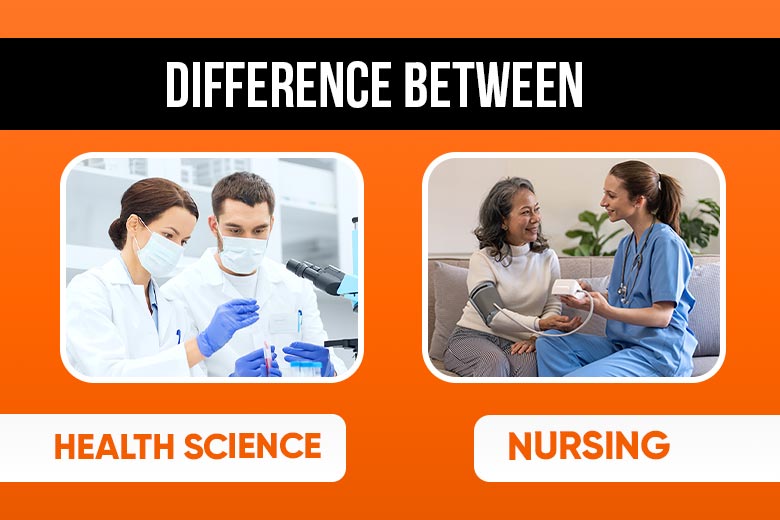
A health science degree is broad and multidisciplinary, focusing on areas such as biology, anatomy, public health, and healthcare systems. It prepares students for roles in allied health professions, health administration, and further education in areas like occupational therapy, public health, or medicine. However, it does not qualify an individual to practice nursing.
Nursing, on the other hand, is a licensed profession governed by national and state nursing boards. It requires hands-on clinical training, a nursing-specific curriculum, and successful completion of the NCLEX-RN exam in order to practice. While a health science degree offers a strong foundation in healthcare knowledge, it does not replace the specific training and credentials required for nursing.
Can You Become a Nurse with a Health Science Degree?
You cannot directly become a registered nurse with only a bachelor’s degree in health science. However, you can use your health science degree as a stepping stone into nursing through accelerated nursing programs, bridge programs, or associate degrees in nursing (ADN). Many institutions recognize the value of prior education and offer accelerated pathways that allow health science graduates to transition efficiently into nursing.
Accelerated Bachelor of Science in Nursing (ABSN) Programs:
One of the most common routes for health science graduates is enrolling in an Accelerated BSN (ABSN) program. These programs are designed for individuals who already hold a non-nursing bachelor’s degree and want to become RNs in a condensed time frame, usually between 12 to 18 months.
Admission to ABSN programs often requires prerequisites such as microbiology, human anatomy, chemistry, and statistics, many of which are already covered in a health science curriculum. This overlap makes ABSN programs an attractive and viable option.
Associate Degree in Nursing (ADN) as an Alternative:
Some individuals may prefer to earn an Associate Degree in Nursing (ADN) at a community college or technical school. This route is typically more affordable and can be completed in two to three years. After obtaining the ADN and passing the NCLEX-RN, one becomes eligible to practice as a registered nurse.
For those with a health science background, many ADN programs may offer transfer credits for general education courses, reducing the total time to completion.
RN-to-BSN Programs After ADN:
After earning an ADN and becoming licensed, many nurses choose to pursue an RN-to-BSN program. This flexible option is often offered online and allows working nurses to advance their education without stepping away from their jobs. Having a health science background may give you an academic advantage in such programs due to your familiarity with healthcare concepts and terminology.
Also Read: A Alfred Taubman Health Care Center – Advancing Patient Care, Innovation, And Medical Excellence!
Prerequisites and Admission Requirements:
While health science degrees typically cover much of the scientific groundwork, it’s essential to verify that your coursework aligns with nursing program prerequisites. Commonly required subjects include:
- Human anatomy and physiology
- Microbiology
- Chemistry
- Psychology
- Nutrition
- Statistics
If your degree is missing any of these, you may need to complete them separately before applying to a nursing program. It’s also important to maintain a competitive GPA, as many nursing programs are highly selective.
How to Choose the Right Nursing Pathway?
The decision to pursue an ABSN, ADN, or another nursing route depends on your long-term goals, financial situation, and personal timeline. If you’re eager to enter the workforce quickly and cost-effectively, an ADN may be more appropriate. However, if you want broader career opportunities, such as leadership or specialized nursing roles, a BSN or even an MSN (Master of Science in Nursing) may be a better fit.
Take time to research schools, program length, tuition costs, clinical hour requirements, and whether the institution is accredited by a recognized nursing body like the Commission on Collegiate Nursing Education (CCNE).
Benefits of Having a Health Science Degree Before Nursing:
A background in health science gives future nurses several advantages, including a deep understanding of medical terminology, healthcare systems, and biological processes. These insights can make the transition into clinical practice smoother and enhance your academic performance during nursing school.
Additionally, health science majors may already possess experience working in hospitals, research settings, or public health organizations—experience that can enrich patient interactions and add value to your resume.
Licensing and Certification After Your Nursing Degree:
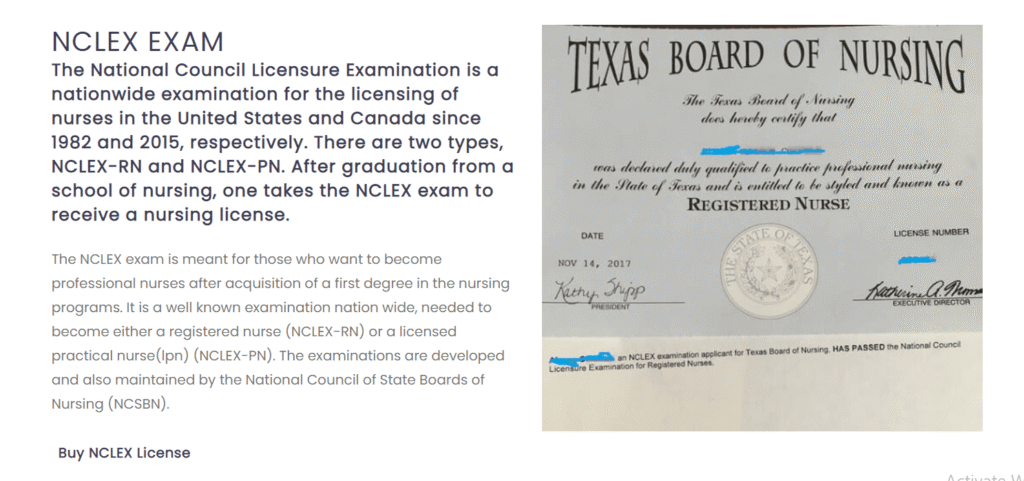
Regardless of the pathway you choose, becoming a nurse ultimately requires passing the NCLEX-RN (National Council Licensure Examination for Registered Nurses). This standardized exam assesses your ability to apply nursing knowledge in clinical scenarios. After passing the NCLEX, you must apply for state licensure through your respective State Board of Nursing.
Each state has its own requirements, such as background checks, continuing education, and fees. Be sure to consult your state’s nursing board for up-to-date information on licensure and renewal.
Career Outlook for Nurses with a Health Science Background:
Nursing remains one of the most in-demand professions in the U.S., with the Bureau of Labor Statistics (BLS) projecting strong growth for registered nurses through the next decade. Having both a health science and nursing background can open doors to specialized roles in:
- Public health nursing
- Nurse education
- Healthcare administration
- Case management
- Clinical research
Additionally, the dual foundation could serve as a springboard for graduate-level programs, including nurse practitioner (NP), clinical nurse specialist, or healthcare policy expert.
FAQ’s:
1. How long does it take to become a nurse if I already have a health science degree?
It typically takes between 12 to 24 months to become a registered nurse through an accelerated BSN or ADN program if you already hold a health science degree.
2. Can I work as a nurse with just a health science degree?
No, a health science degree alone does not qualify you to work as a registered nurse. You must complete a nursing-specific degree and pass the NCLEX-RN exam.
3. What is the fastest way to become a nurse with a health science degree?
The fastest route is enrolling in an accelerated BSN program, which takes about 12–18 months and is designed for non-nursing bachelor’s degree holders.
4. Are online nursing programs available for health science graduates?
Yes, many ABSN and RN-to-BSN programs offer online or hybrid formats, though clinical hours must still be completed in person.
5. Will my health science credits transfer to a nursing program?
In most cases, general education and science credits can transfer, reducing the time needed to complete a nursing program. Always confirm with your target school.
6. Can I become a nurse practitioner after earning a health science degree?
Eventually, yes. First, you must become a registered nurse (RN) by completing a nursing program and passing the NCLEX, then pursue a master’s or doctoral degree in nursing.
7. Is it better to get an ADN or BSN after health science?
Both are valid, but a BSN offers more career opportunities and is often required for advancement or specialized roles in nursing.
Final Thoughts:
While a bachelor’s degree in health science doesn’t qualify you to become a nurse directly, it offers an excellent springboard into the field. With the right strategic plan—such as enrolling in an ABSN or ADN program—you can efficiently transition into nursing and leverage your background to thrive both academically and professionally.
The healthcare landscape is evolving rapidly, and those with interdisciplinary backgrounds are well-positioned to lead and innovate. By understanding the pathways available and making informed choices, your health science degree can become the foundation of a fulfilling and impactful nursing career.
Read More:


